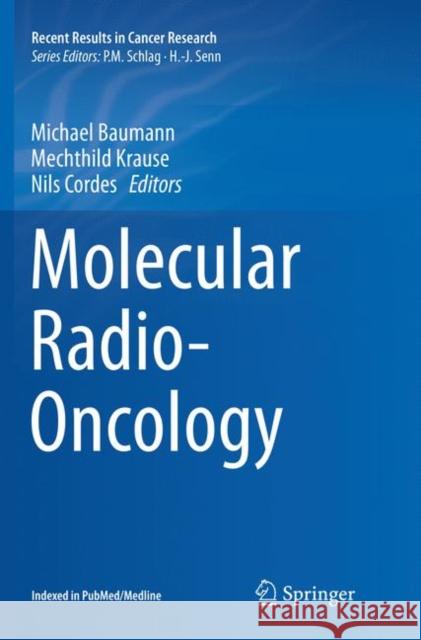Molecular Radio-Oncology » książka
topmenu
Molecular Radio-Oncology
ISBN-13: 9783662570203 / Angielski / Miękka / 2018 / 201 str.
Kategorie BISAC:
Wydawca:
Springer
Seria wydawnicza:
Język:
Angielski
ISBN-13:
9783662570203
Rok wydania:
2018
Wydanie:
Softcover Repri
Ilość stron:
201
Waga:
0.30 kg
Wymiary:
23.39 x 15.6 x 1.14
Oprawa:
Miękka
Wolumenów:
01
Dodatkowe informacje:
Wydanie ilustrowane











